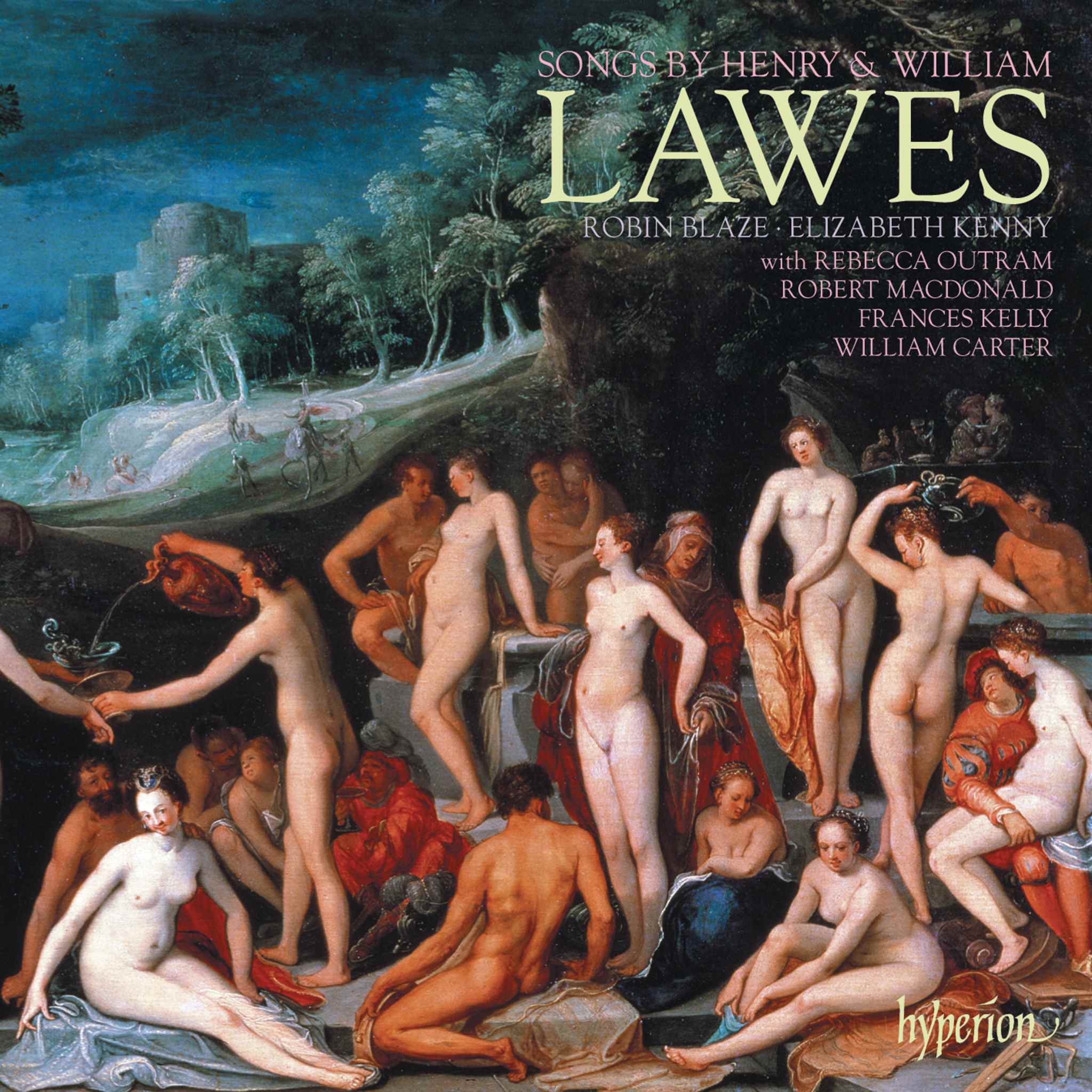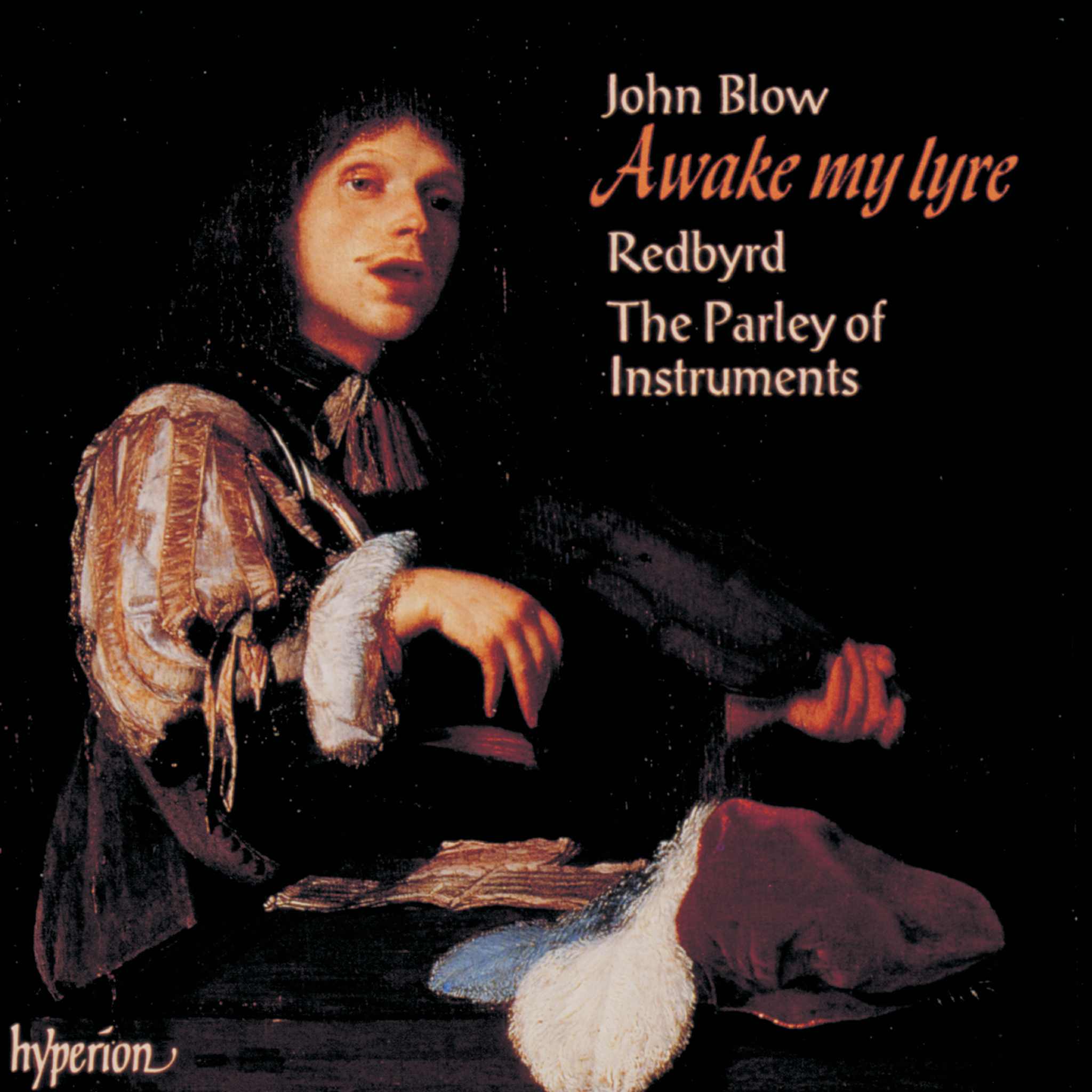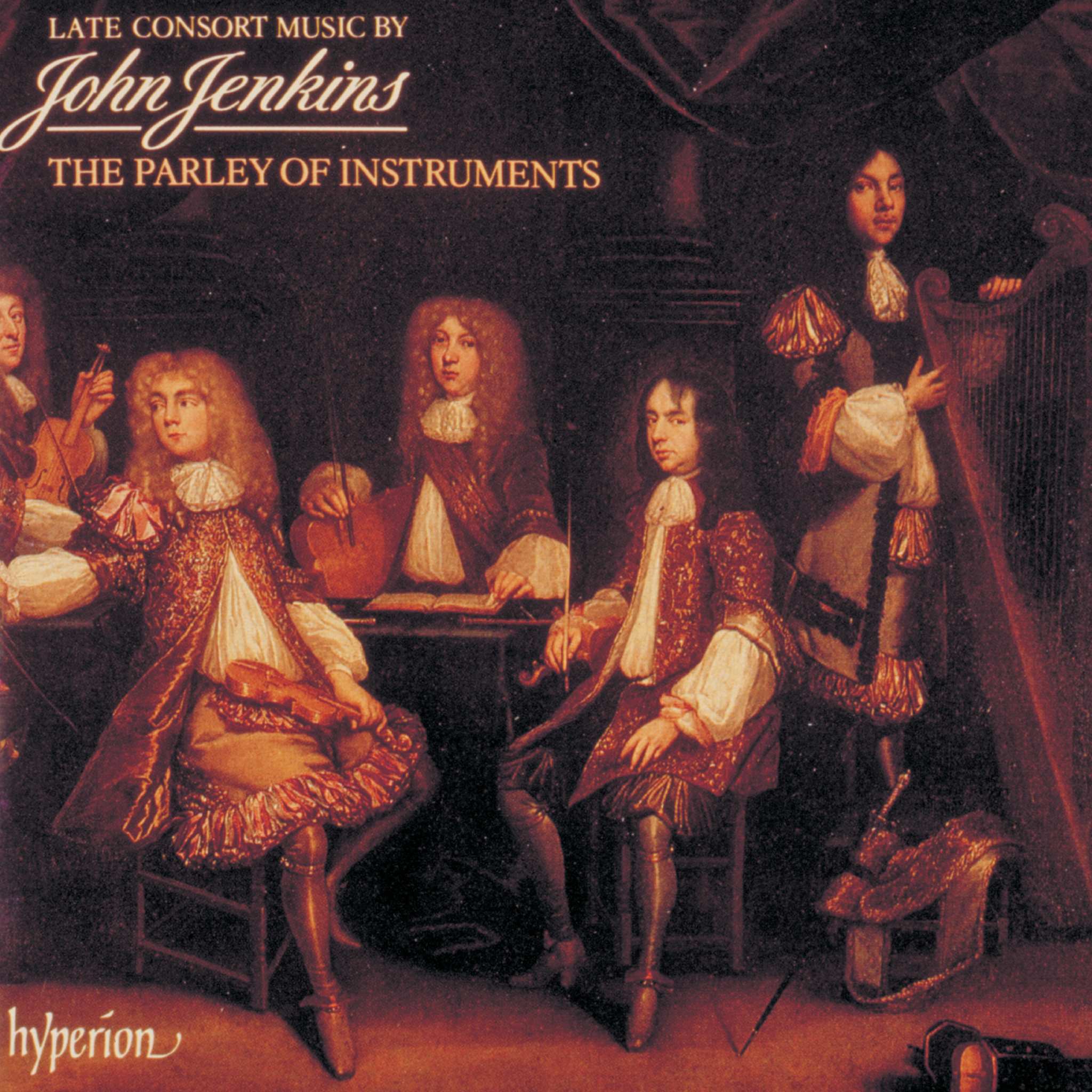In den 1620er Jahren durchlief die sakrale Musik Venedigs eine drastische und plötzliche Wandlung. Der von Giovanni Gabrieli geprägte polychorale Stil wurde abgelöst. Statt der aufwendigen Kompositionen für geteilte Chöre stand nun der Fokus auf wenigen Solostimmen, während Gabrielis prachtvolle Gruppen aus Kornetten, Violinen und Posaunen durch wesentlich kleinere Ensembles ersetzt wurden, die vorwiegend aus Streichern bestanden. Gleichzeitig gewann die Virtuosität an Bedeutung, und die Erhabenheit des Gabrieli-Stils wich einem deutlich intimeren Ausdruck, der auf weltlichen Musikidiomen basierte. Monteverdi, der ab 1613 als Maestro di capella an San Marco in Venedig wirkte, nutzte diesen neuen konzertanten Stil umfassend in seiner späteren Kirchenmusik, doch seine vollständige Entfaltung erfuhr er in den 1630er und 40er Jahren durch Monteverdis Kollegen und Nachfolger wie Alessandro Grandi, Giovanni Antonio Rigatti und Giovanni Rovetta. Noch in den 1680er Jahren war dieser Stil präsent, als Giovanni Legrenzi an San Marco tätig war.
Dario Castellos »Exultate Deo« ist das einzige bekannte Vokalwerk dieses venezianischen Bläsers und bedeutenden Sonatenkomponisten. Der für die 1620er Jahre typische, unberechenbare Wechsel zwischen Zweier- und Dreiertakt prägt dieses Stück.
Monteverdis geistliches Werk ist hauptsächlich durch drei zu Lebzeiten erschienene Drucke sowie eine posthume Sammlung überliefert. Die Marianischen Antiphonen gehören eigentlich nicht zur Vesperliturgie, sondern zur Komplet, wurden aber traditionell am Ende der Vespern gesungen, besonders in der nicht monastischen Kirche. Von den vier Marianischen Antiphonen findet das Salve Regina im Kirchenjahr am häufigsten Verwendung und wurde folgerichtig am zahlreichsten vertont. Auch in der Selva morale et spirituale gibt es ausschließlich Vertonungen des Salve Regina, angeordnet nach aufsteigender Besetzung. Bei der ersten Salve-Regina-Vertonung handelt es sich um einen Tropus, der den Originaltext mit jenem des bereits 1610 vertonten Audi coelum kombiniert. Tropierte Texte waren zu Monteverdis Zeit im Gottesdienst eigentlich nicht gestattet, was möglicherweise auf Privatandachten am Wiener Kaiserhof hindeutet.
Als Monteverdi 1613 nach Venedig berufen wurde, stand er mit 46 Jahren bereits an der Schwelle des Alters, und niemand konnte ahnen, dass er die musikalische Entwicklung in der Serenissima noch für ein Menschenalter prägen würde. Zuvor hatte er mehr als zwei Jahrzehnte den Gonzaga als Hofmusiker gedient und dazu beigetragen, dass das kleine, politisch eher unbedeutende Herzogtum Mantua weit über die Grenzen Italiens hinaus als kulturelles Zentrum Berühmtheit erlangte, bevor er 1612 entlassen wurde. Monteverdi blieb bis in die 1620er Jahre hinein in Mantua, bevor er im Gefolge der Gonzaga-Prinzessin Eleonora nach Wien reiste, als sie dort 1622 Kaiser Ferdinand II. heiratete.











